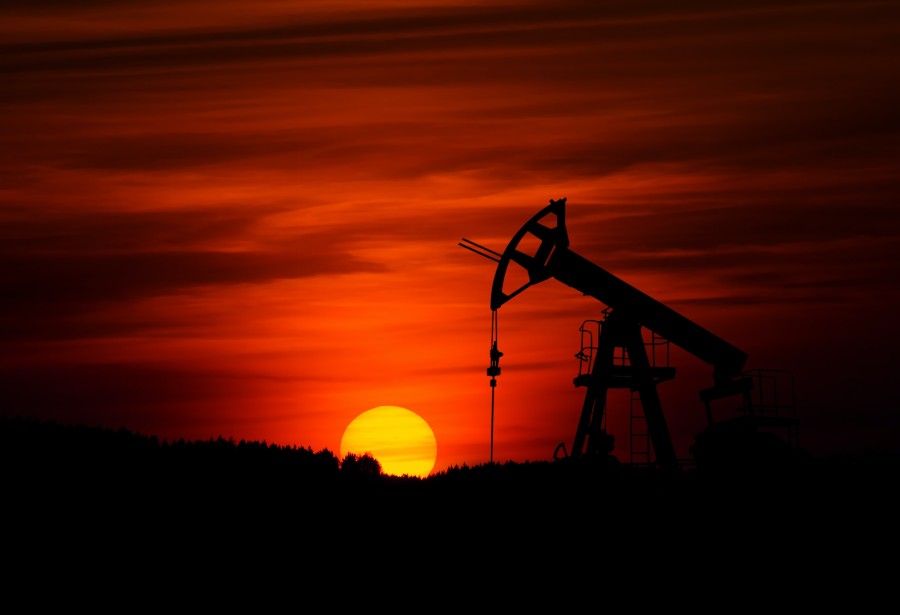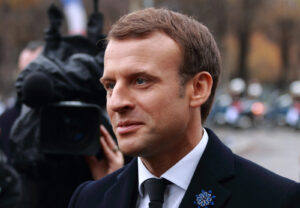In October, we learned from the Centre for Research on Energy and Clean Air (CREA) that” the EU’s imports of fossil fuels from Russia since the beginning of the invasion of Ukraine reached EUR 100 billion in late September. While coal imports from Russia have stopped and gas imports have decreased dramatically, the EU continues to import crude oil, oil products, LNG, and pipelined gas worth approximately EUR 260 million per day”.
The biggest importers are The Netherlands, followed by Germany, Bulgaria, Italy, Poland, and France. Further, This doesn’t consider that some countries buy fossil fuels from Russia and sell them back to the EU.
It should be better regarding Russian coal imports, as there has been a total ban since early August. But, according to the CREA, “…EU member states failed to enforce the provision in the ban that prohibited EU-owned ships from transporting coal from Russia to third countries. This has allowed Russia’s coal exports to claw back about half of the loss of the EU market”. The happy beneficiaries are mainly China, India, and Turkey, who benefit from being Russia supporters.
That is not all. On July 22nd, the president of the European Commission, Ursula von der Leyen, signed an agreement in Bakou with Azerbaidjan’s permanent president, Ilham Aliyev, to increase from 10 to 20 billion cubic meters the European Union’s imports of gas, mainly from Shah Deniz gas field.
According to the French investigative magazine Le Canard Enchaîné, this gas field has, in addition to British Petroleum, interesting shareholders. These include the Azeri state, which uses the money to finance its military operations against Armenia, the Russian company Lukoil, Turkey’s national company, and Iran’s national company.
Indirectly, the EU plays a significant role in financing Russia’s war in Ukraine, Azerbaidjan attacks against Armenia, and the Iranian state. It’s certainly nothing to be proud of.




